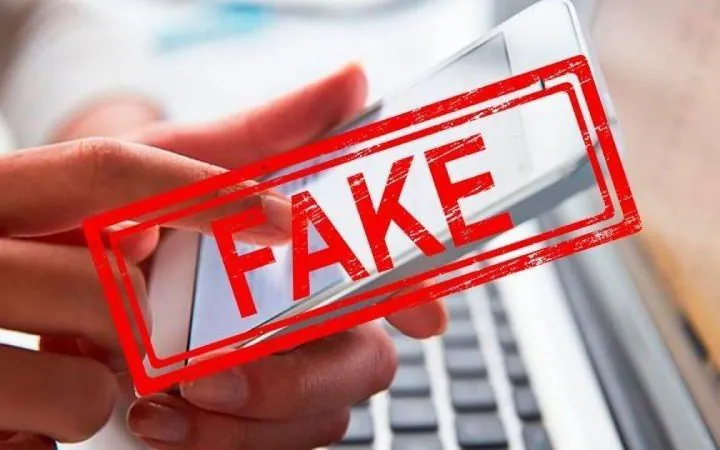Actively working on the internet, scammers look for victims using various methods aimed at different audiences. Attracting attention is advertising with enticing prize draws in contests. In most cases, these are fake mailings aimed at finding naive users.
Fake Lotteries
One of the well-known methods of fraudulent fake lotteries is a mailing or call with information about a big money win; the subscriber who answers the call is offered to communicate with an operator. After that, the scammer starts acting. Under the guise of a survey, it is necessary to:
- confirm your identity;
- provide your last name, first name;
- place of residence.
The most interesting thing in such situations is that the operator is not interested in financial data, does not ask for card numbers, accounts. At first glance, everything seems harmless, then, after a few days, they may call from a similar number and say that a money transfer has been made in the subscriber's name, and if the client wants to receive it, they need to buy an item from the presented list. Scammers assure that after receiving the package and paying for the item, information on how to arrange this transfer will definitely be provided.
This method is designed so that a person quickly does not orient and believes the scammer, becomes interested in winning, and pays for the package. They receive a completely different item than expected, and its cost is significantly cheaper than stated. Thus, falling into the scammer's trap, the victim constantly buys unnecessary items in hopes of receiving a prize.
Fraudulent Contests
Disguising themselves as well-known companies or cloning their websites, scammers spread phishing messages with incredible prize draws. They recommend clicking on a link where you need to register in such a way as to extract information from the user not only about personal data but also financial assets, password, account information.
They also offer, for participation in the contest, to send the received link to your contacts, advertising and attracting more users. Before believing this information, it is recommended to go to the site with the same name, but not through the link, but separately through a search engine by entering the company name. On the official websites of such companies, information about upcoming promotions or draws is always posted; if such information is absent on the company's official resource, then you should understand that you received a phishing link from scammers and under no circumstances register or enter your personal data.

Gift Scams
Receiving a message that includes a link to participate in a draw or receive a gift, you need to understand that only scammers engage in such activities, targeting your finances. At first glance, it is impossible to say that the site is fake; scammers put a lot of effort into creating fake sites;
- information is competently presented;
- interesting photos of prizes;
- composition of the organizers;
- indicated place where the prize should be received.
But it should be understood that misleading the user is based on collecting information about personal data.
It is also proposed to pay a tax in order to receive the prize. As soon as a person makes the payment and intends to receive the gift, such sites are removed from the internet, your messages are ignored in correspondence, and then this user disappears from social networks altogether.
This does not mean that scammers limited themselves to a one-time victim; no, they create new sites, attracting new victims, of which, unfortunately, there are many.
Protection Against Scams
If you receive scam messages filled with suspicious links, or you receive phone calls telling you about a big win and offering to pay a tax, under no circumstances agree to these conditions. Try to convince the scammer to call back later, and in the meantime, conduct a small investigation:
- search the internet for information about the company;
- check if any promotions or draws are being held;
- if possible, report to the police, providing known information about the fraudulent scheme.
You need to be attentive and cautious when receiving such information. Logically correlate whether you participated in any promotions or used the services of this company.
Protecting against scams:
- do not buy dubious items at a super low price;
- do not provide your personal data to unknown persons by phone, because over the phone, one can pretend to be anyone;
- keep financial information secret;
- do not disclose bank account details;
- passwords and access codes to finances;
- do not click on links sent in messages or social networks.

Remember that scammers are aimed at stealing money and lack moral principles. Therefore, it is necessary to apply critical thinking and logic when receiving suspicious information.
 >
>